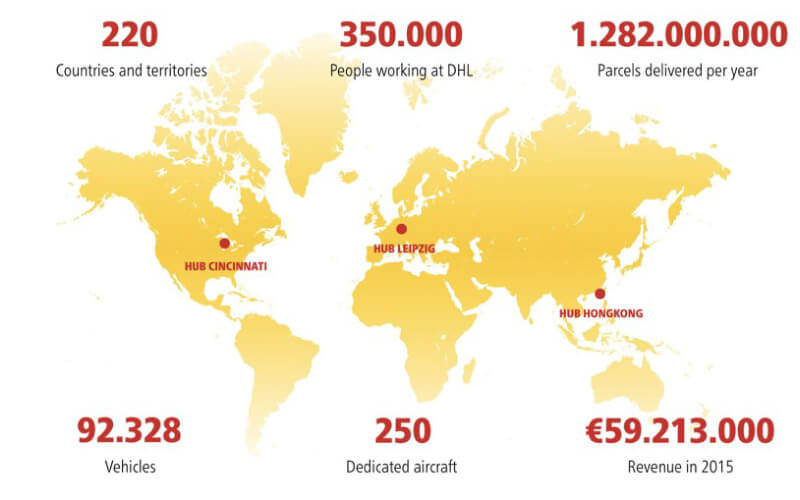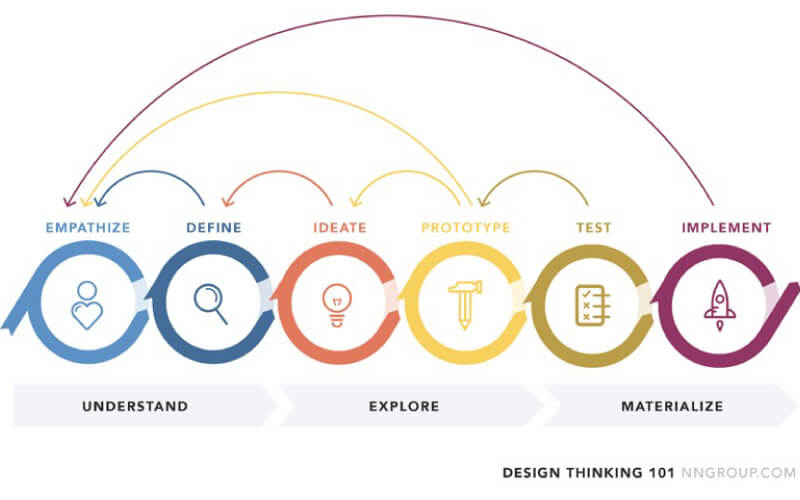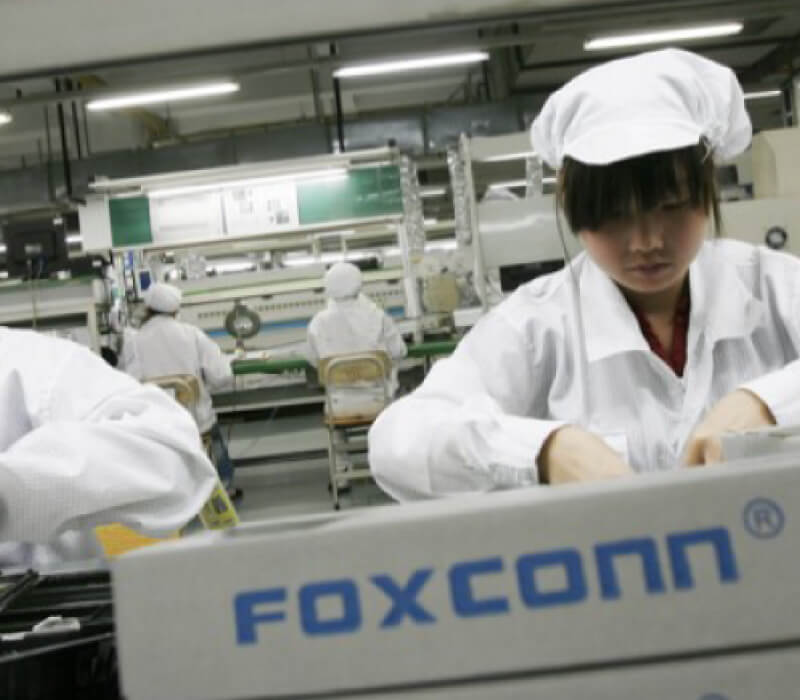Your personal philosophy is that there is a real need amongst leaders for Care, Character and Competence. Could you elaborate on the significance of these three C’s in today’s business environment?
The values of care, character and competence not only help a leader attract and retain followers, but are also essential for excelling in the services industry. Having competence to do things right is one thing, but having care and character mean that a business can do the right thing with the right heart. “Pure” services sectors, like banking, advertising, education, or couriers, rely more than just delivering a good product. Interacting with a client, engaging with them on a human level, and giving them a reason to come back again are just as important.
Like leaders attracting followers, you have to be able to manage the human element in the relationship, and show that you can do the right thing. Not doing the right thing is toxic behaviour – behaviour that repels people, whether clients or followers. In fact, we believe that care, character and competence hold the essence of human relations, and as such can be thought of as global values that apply to anyone, in any culture. (Similar to the notion of universal values, but we find that in recent decades this has been co-opted by the political west and has moved to prescribe political arrangements - such as representative democracies, or one-man-one-vote. Here, we refer to a purely moral formulation.)
These can be thought of as a type of family value – human families are present in all cultures throughout the world, making these the most common and fundamental type of values.
Care and character encourage cohesion, mutual understanding and empathy, and make staff and new hires feel welcome among their colleagues. Having competence as a central value to a business operation means that staff can take pride in their work, and strive to do their best.
In DHL’s case, the 3 C’s were operationalised within the structure of its business and in the nature of its operating system. This meant that wherever we went, we didn’t bring in a particular set of philosophical American or Western values; we brought in viable values fundamental to all families and human beings instead. In the 220 countries and territories that DHL operates in, not once did we witness a clash of values.
But recent research has begun to compile evidence that all businesses – whether product- or services-based – has a services element to it. A manufactured good needs services like research and development, design, financing, branding, advertising, wholesale, retail and logistics in order to get to the customer. Research by the Fung Global Institute in 2014 found that 72% of value in a humble loaf of bread can be attributed to services. This is a remarkable amount of human activity that goes into something that we might normally think of as mechanical or formulaic.
Add to this the increasing trend of “servicification” in the digitally connected economy, through channels like the sharing economy or outsourcing. Firms that want to grow and prosper in this new economy will need to master their 3 C’s – care, character, and competence.




































